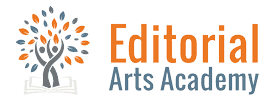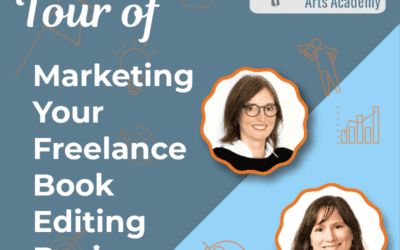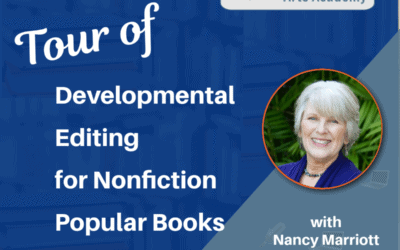What’s the best way to learn how to edit a book?
You can take editing classes. You can read books and style manuals. You can learn on the job. You can get an editing certificate. Or you can do all of the above!
But no matter how you learn how to edit, practice is paramount. If you don’t practice, you won’t improve. Practice does not make perfect, because perfection does not exist in editing – but it sure does make you better.
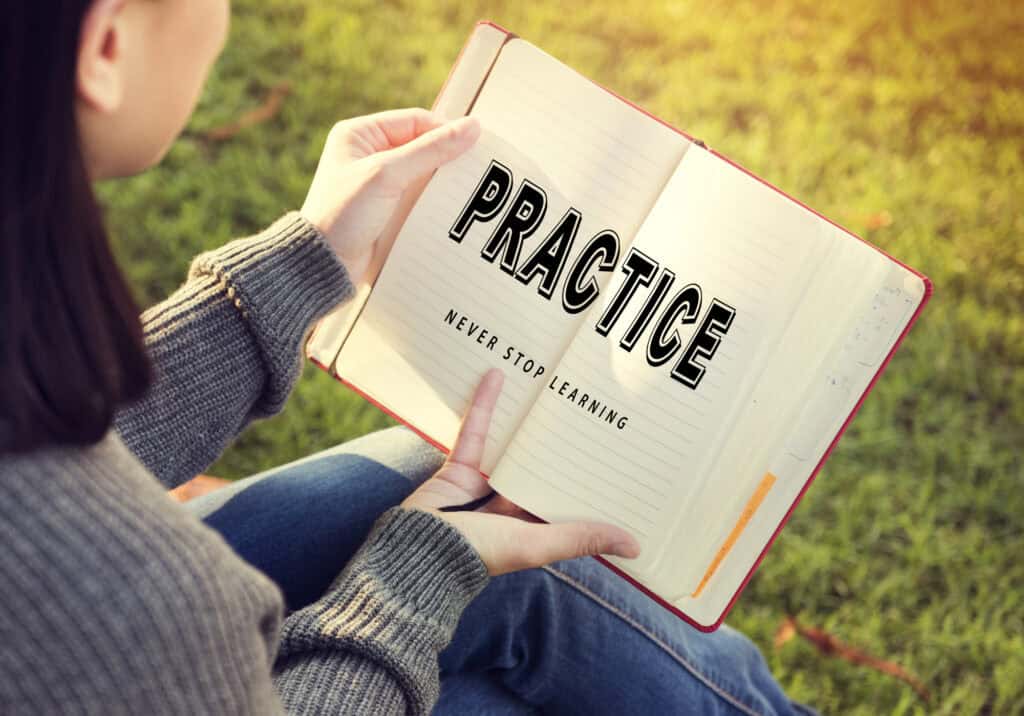
It used to be that editing was a skill learned on the job, as an apprentice. Those opportunities are scarce now – but an editing mentorship is the next best thing. It’s like having a master craftsperson guide your hands as you learn the trade.
Editorial Arts Academy offers copyediting mentorships and line editing mentorships for exactly this reason. In our mentorships, intermediate editing students practice on a full-length book manuscript, with lots of discussion with their instructors and fellow students. We provide the edited versions of the manuscripts for students to check their work against. Students also get detailed feedback on their edits, ending the mentorship with a sense of their accomplishments and which areas require further practice.
7 Reasons Editing Mentorships Are Valuable
1. Actual editing
You can’t learn everything you need to know about editing from reading The Chicago Manual of Style or Dreyer’s English, just like you can’t learn to meditate by reading about meditation. You need to actually edit. A mentorship gives you that chance.
2. Relevant practice
There are so many different types of editing and types of documents that need editing. Even if you’ve taken courses and earned your editing certificate, you might only have had one lesson in copyediting fiction, for example. Our mentorships use real manuscripts in various genres (romance, historical fiction, memoir, fantasy, domestic thriller, political thriller), so you can pick the session that features exactly the type of editing and genre that interest you.
3. Editorial judgment
Editing is all about when to apply what rules (and when to query, when to fact-check, when to add something to the style sheet, etc.). You achieve better editorial judgment by encountering various problems in the wild, over and over.
4. Endurance
A mentorship gives you a chance to strengthen your editing endurance. Working on an 80,000-word manuscript is far different from tackling just a chapter. If you want to earn money as a freelance book editor, you need to get accustomed to the sustained attention it takes to thoroughly edit a full book.
5. Comparison
Editing can sometimes feel like working in an echo chamber. How do you know if you’re making decisions other editors would find defensible? A mentorship gives you the chance to see what an experienced editor would do in various situations.
6. Feedback
There’s so much to focus on when you’re copyediting and line editing. In fact, our Copyediting Evaluation Rubric, which we use to grade student work in the copyediting mentorship, consists of sixteen categories! You might excel in a few categories but need more experience in others – for example, you might be great at punctuation but confused about how to treat numbers. The feedback will reveal where you need to focus further practice and whether you’re ready to work with authors and publishers.
To download a PDF of our Copyediting Evaluation Rubric, click here.
7. Networking
As our Survey of Best Marketing Strategies for Freelance Book Editors shows, getting work as an editor often comes down to networking. EAA’s small-group mentorships introduce you to other editors, who might just become lifelong colleagues.
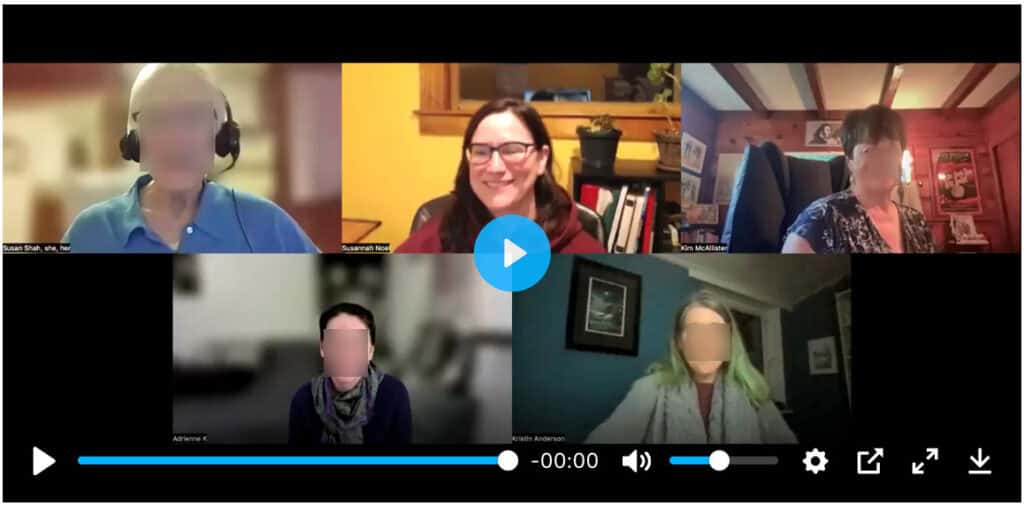
Susannah Noel and four students talk on-screen during the Copyediting Group Mentorship in spring 2025.
If you’re ready to move beyond simply learning about editing, consider the mentorship model. Tackle the complexities of tying together a book-length edit in a reasonable amount of time, learn the tricks of the trade, understand your skill level, and join a community. It can serve as a valuable step in becoming a freelance book editor.
